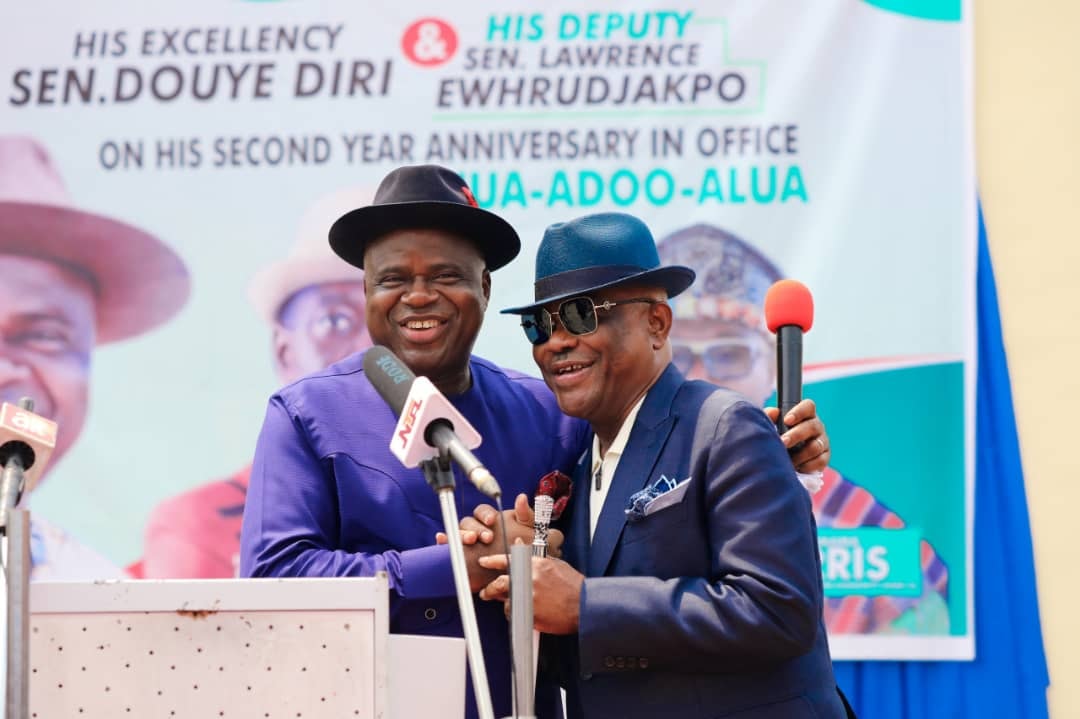Niger Delta
Groups Condemn IOCs’ Divestments In N’Delta

The Environmental Rights Action (ERA)/Friends of the Earth Nigeria and other civil society organisations have disagreed with the ongoing divestment of the international oil companies (IOCs) in the Niger Delta.
The group lamented the health effects the activities of the IOCs had caused the people of Niger Delta and their environment.
They expressed worries that about 70 years after oil extraction in the region and its adverse effect on the area, there was emerging indication of more problems in Niger Delta.
The group stated these Monday,, at an event with the media on the ‘Motives Behind IOCs Divestments’ in the Niger Delta, organised by ERA in Port Harcourt, Rivers State.
In his address, Executive Director, ERA, Chima Williams, said the level of environmental pollution which Niger Delta region had suffered in the hands of multinational oil companies was incomparable globally.
He stated that the activities of IOCs had destroyed the aquatic life in the Niger Delta and shortened life span of the people.
Williams added that the IOCs’ claims that militant activities had adverse consequences on their operations was a mere smokescreen.
Speaking also, the Executive Director, We the People, Ken Henshaw, in his presentation, said oil companies were scrambling to divest because it provides them an opportunity to abdicate their years of responsibility for the ecological damage in the region.
He said: “After over 70 years of oil extraction and the devastating impacts it has had on oil producing communities, there are emerging indications that the people’s quest for ecological and resource justice may never be achieved.
“While frontline communities and civil society organisations have made significant effort in highlighting the ecological, social and economic conditions in the region, new pressures are now emerging from the divestment moves by multinational oil companies that portend further calamities for oil producing communities.”
Henshaw further noted: “Oil companies are divesting from onshore oil fields and moving further offshore and away from communities, while national companies are buying off the oilfields left by the oil majors without clear provisions about who is liable for historical contaminations and related socio-ecological issues.
“The over 30 million people who live in the oil and gas producing Niger Delta have not benefitted from the huge amounts of resources pumped from beneath their lands, rivers and creeks.
“Rather than engender better welfare, infrastructure, healthcare, education and security, revenues from oil and gas have instead driven an unusual paradigm of poverty, conflict, repression and underdevelopment.
“The Nigerian government and its subnational affiliates have mostly failed to lift the people out of poverty and underdevelopment. A long history of mismanagement, corruption, elite capture and oil company complicity has made communities in the region among the least developed in the country.
“Despite their appreciably higher revenue accruals, states of the Niger Delta do not fare relatively better in terms of infrastructure and other development indicators.
Niger Delta
Stakeholders In Delta Seek Stronger GBV Action, Women’s Leadership

Niger Delta
C’River Suspends Taskforce Activities Over Drivers’ Protest

Niger Delta
A’Ibom Assembly Urges More Private Investments In Agriculture

-
Politics3 days ago
2027: NIGERIANS FAULT INEC ON DIGITAL MEMBERSHIP REGISTER DIRECTIVE
-

 Environment3 days ago
Environment3 days agoLAWMA Director Says Sweeping Reforms Have Improved Waste Collection
-
Politics3 days ago
LP Crisis: Ex-NWC Member Dumps Dumps Abure Faction
-

 Politics3 days ago
Politics3 days agoUmahi Dismisses Allegations On Social Media, Insists On Projects Delivery
-

 Sports3 days ago
Sports3 days agoAbia Not Sure To Secure continental Ticket
-
Sports3 days ago
La Liga: Yamal Records First Career Hat-trick
-
Politics3 days ago
NATASHA ELECTRIC VEHICLES INITIATIVE IN KOGI CENTRAL
-
Politics3 days ago
IT’S A LIE, G-5 GOVS DIDN’T WIN ELECTION FOR TINUBU – SOWUNMI

